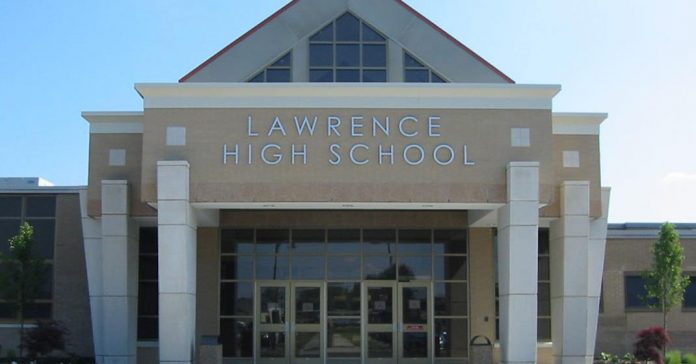Lawrence Township property owners will see a two-cent increase in the school district property tax rate, based on the Lawrence Township Public Schools’ $85.4 million operating budget for 2024-25.
The Lawrence Township Public Schools board of education approved the budget following a public hearing at its May 7 meeting. There were no comments from the public.
The school district property tax rate will increase from $1.63 per $100 of assessed value to $1.65. The owner of a house assessed at the township average of $285,767 would pay $4,710, or $52 more than under the current budget.
A Lawrence Township property owner’s tax bill includes the school district property tax, the municipal property and open space taxes, and Mercer County property, library and open space taxes.
The 2024-25 budget includes an expansion of the preschool program at the Slackwood Elementary School, the Eldridge Park School and Lawrence High School. The Cardinal Kids preschool program allows high school students to enroll in the “Early Childhood Growth and Development” course and gain hands-on experience working with young children.
The budget also has money earmarked for counselors at the Lawrence Intermediate School, the Lawrence Middle School and Lawrence High School.
The district’s Diversity Equity and Inclusion initiative is being restructured to focus on student achievement.
The property tax levy to support the 2024-25 operating budget is $76.8 million. The tax levy for the current budget is $74.5 million.
Other sources of revenue include miscellaneous income, such as tuition and interest on savings, and money from the fund balance or surplus account.
State aid increased by $463,795 to $6.9 million. This reflects a trend of increased state aid to the school district, which received $6.4 million in the current budget.
“This is the last year of the five-year phase-in of state aid,” Business Administrator Thomas Eldridge said. “We are grateful for it. We might see a cost-of-living increase (in the future), but no lump sum increase.”
The cost drivers for the 2024-25 budget are essentially the same as they have been in prior budgets – salaries and benefits, and transportation, Eldridge noted.
Salaries and wages increased from $49.6 million to $50.8 million. The increase is due to contractual obligations.
Employee benefits increased by $1.1 million – from $14.7 million to $15.8 million. Benefits include workers’ compensation, insurance, medical and prescription drug plans, and vision and dental plans.
School bus transportation costs went up from $5.2 million to $5.7 million. About $150,000 of the increase is attributable to busing for the expanded pre-school program, Eldridge said.
Overall, salaries and benefits account for 79% of the budget spending. Transportation makes up 6%. Out-of-district tuition payments for specialized schools for special education students also accounts for 6% of the budget.
“All of these things that you see here, whether it is (increases in the cost of) benefits or pensions or transportation, it is our job to keep them away from the instructional budget,” Eldridge said.
School district officials use different strategies to ensure that increased costs do not impinge on the instructional budget, he said. Re-bidding contracts for transportation or benefits is one of the approaches to minimizing increases.


